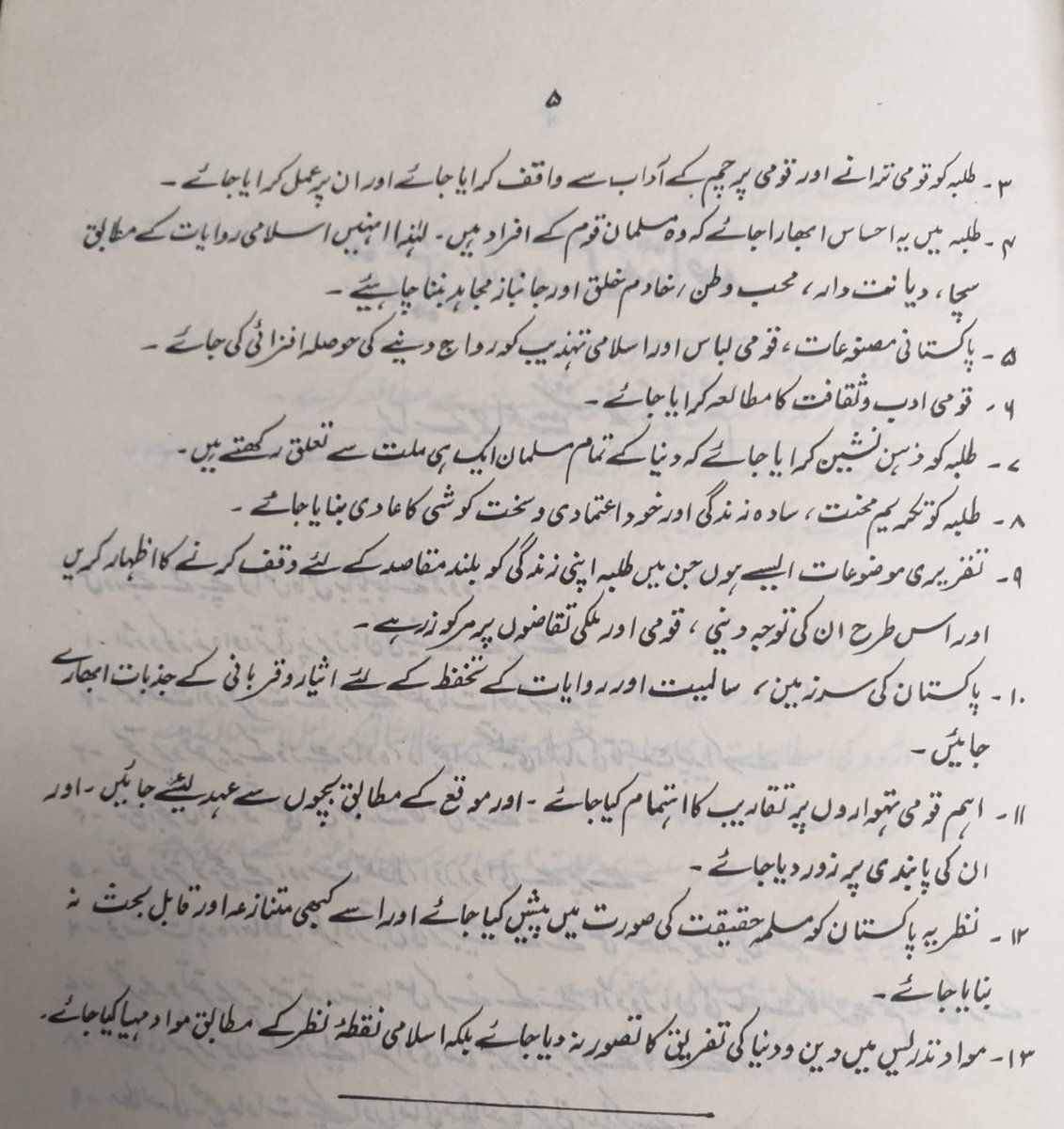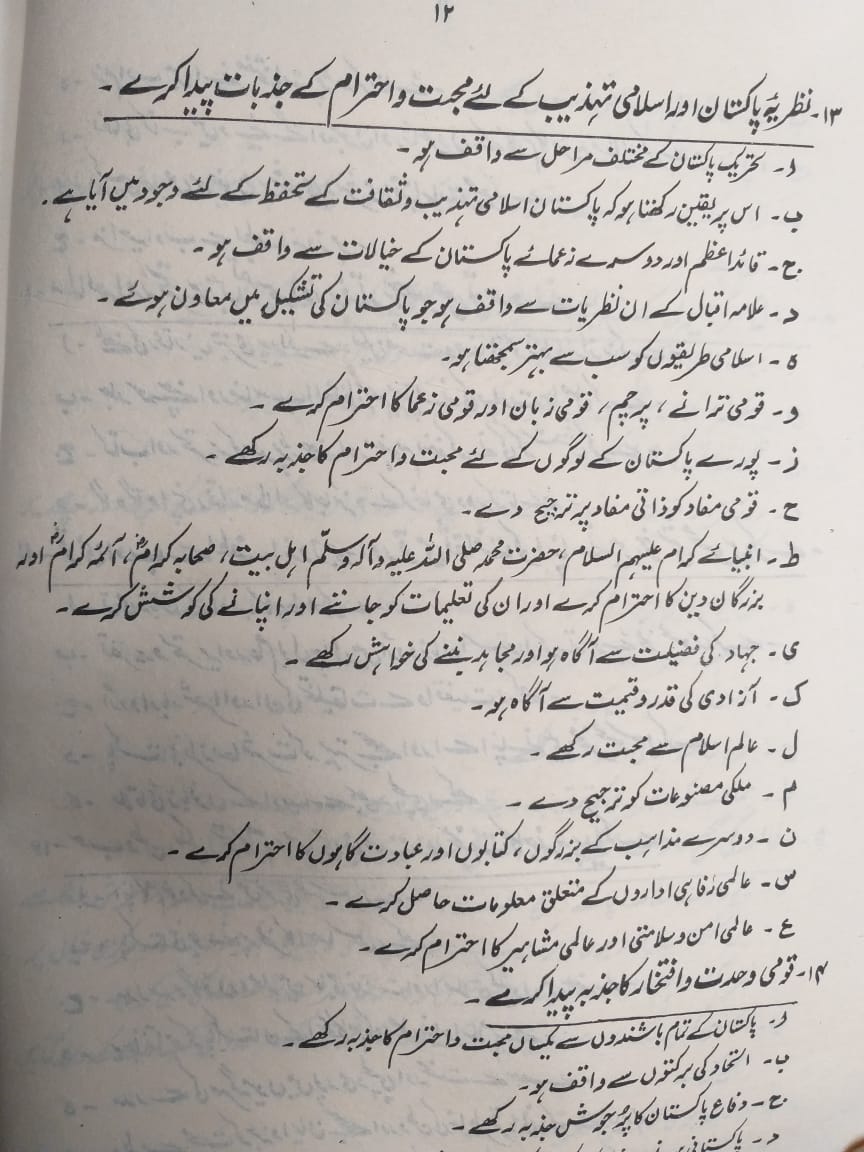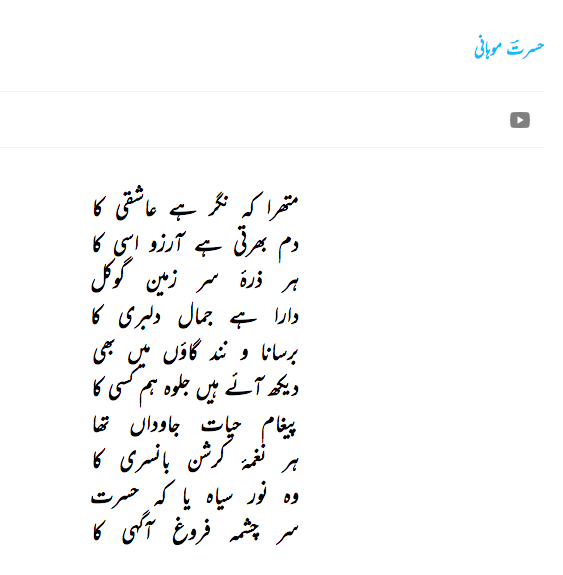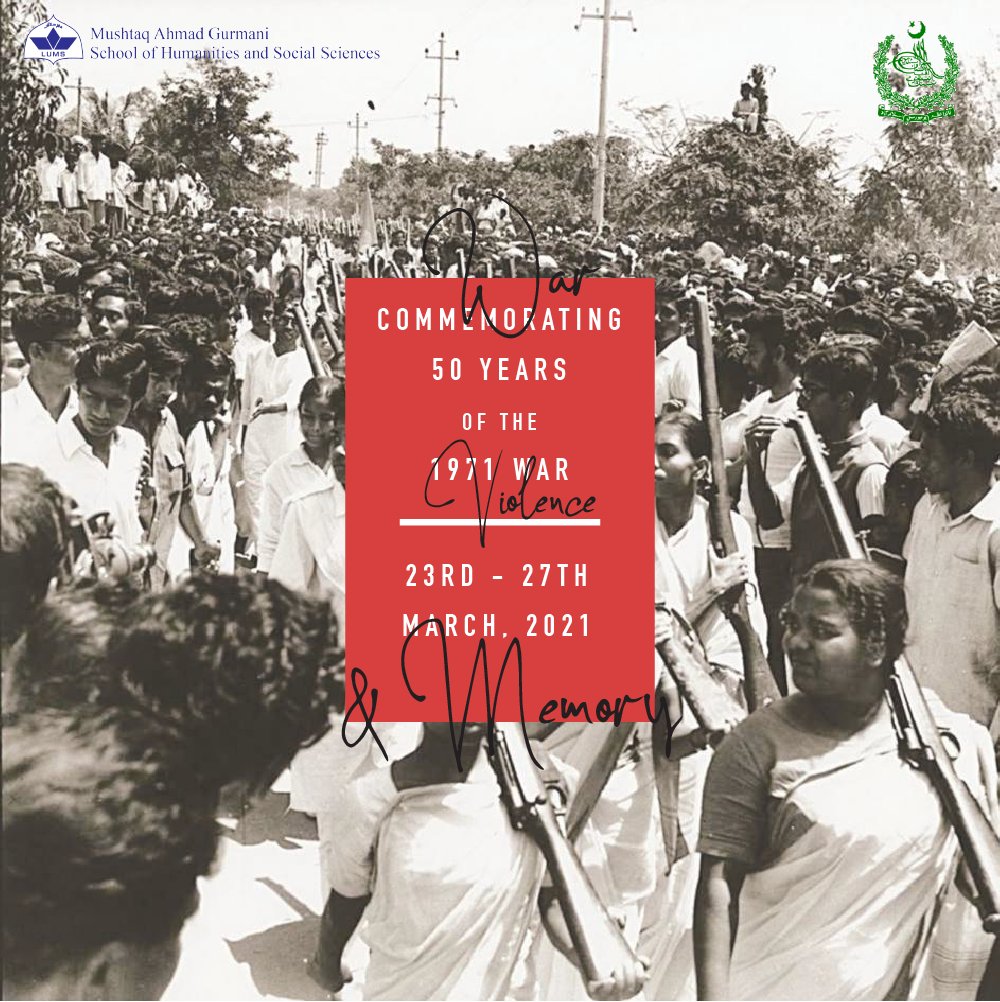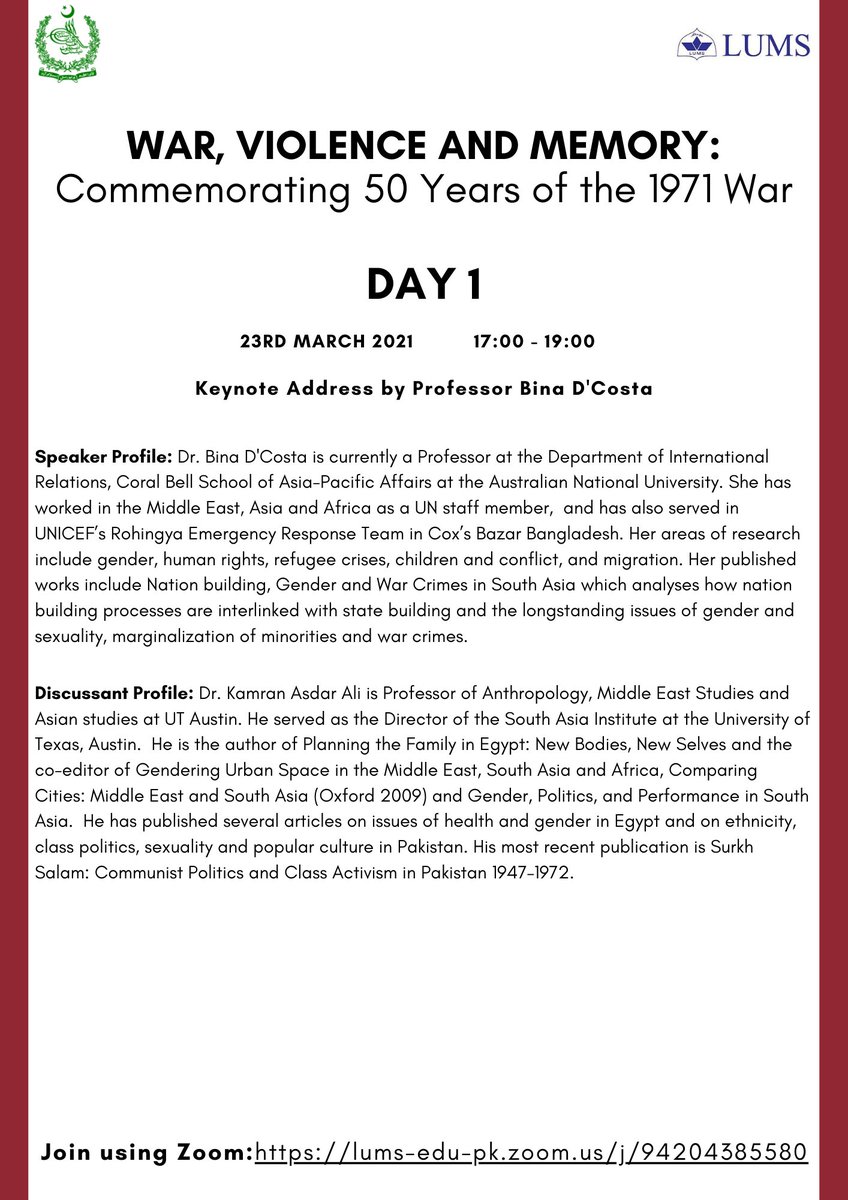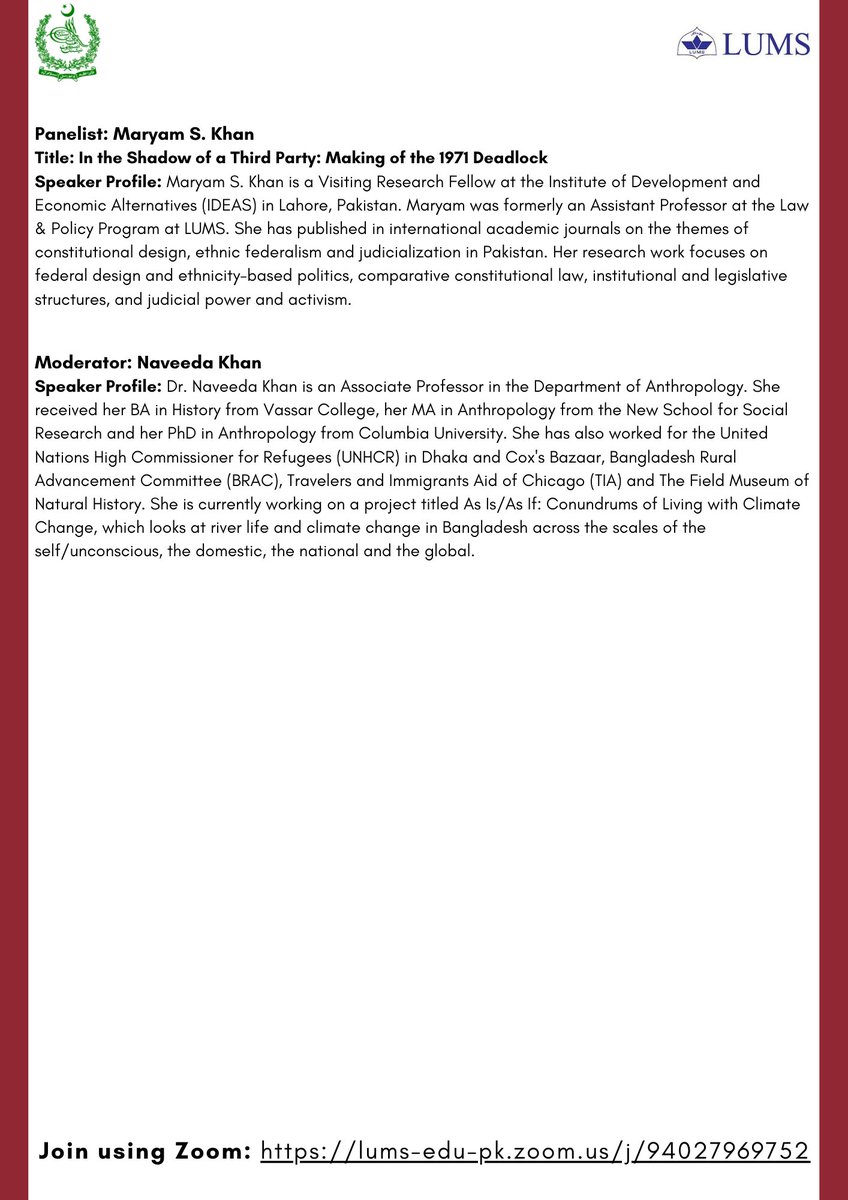Right now, Imran Khan is Pakistan’s moral sovereign. This status is more powerful and influential than any other position or institution and not held by any political leader in the country’s 75-year history. Here is how I think it has happened and what it means for PK’s future:
The Pakistani political system’s default setting is One Unit-ism sustained through rule by fear supervised by the military as an overdeveloped institution.
Whenever anyone has come close to dismantling this structure (like Mujib) or establishing parallel modes of populist authoritarianism (like Bhutto), the military has moved in to 'fix' the problem. They do it reagedless of the consequences of their actions on PK's federal unity.
There is no political force that can effectively keep Imran Khan in check. It is then only through violence and further derailment of democracy that the military thinks it can take its power back. PDM’s connivance in this enterprise is criminal as they effectively act as puppets.
Decimated by the military, judges, and media, PDM parties are in no position to resist. The situation will remain so for the foreseeable future, and PDM’s unconstitutional actions will only worsen things. They are enabling indirect military rule.
We would not have been in this mess if the Zardari-Sharif interregnum from 2008-2018 had continued as it allowed representative democratic polity to take root in the country gradually. The Imran Khan project was meant to take back the space the military had to cede after 2007.
The military’s calculus was that Khan’s tainted past provided enough ammunition against him to use appropriately to embarrass and blackmail him. However, they underestimated his populist charisma &ability to touch upon religious sensibilities of masses through dramatic gestures.
After the military had effectively neutralized political forces in the country, it was only a matter of time before Khan planned a counter-coup and took ownership of the Pakistani nationaliam project (Urdu, Muslim, Islam, Empire) that the military had been nurturing since the 50s
Imran Khan is not doing it for democracy either. He sees the opportunity for a one-party system and will go for it. He plays upon a paranoid nationalist sense of besiegement to keep the temperature simmering, invoking religious rhetoric to project his struggle as supra political.
Ultimately, it is the logical conclusion of Pakistan’s ideational basis and political structure as constructed by the Pakistani military. What is incredibly dangerous for the future of this country, and should worry us as Pakistani citizens, is the end of democratic politics.
We need to fill the ideological void left by discredited political parties & counter the threat of one-party rule. HKP, PTM, AWP & like-minded groups and individuals must unite for a radical democratic alternative to prevent civil war or emergence of a new Reich.
• • •
Missing some Tweet in this thread? You can try to
force a refresh

 Read on Twitter
Read on Twitter





